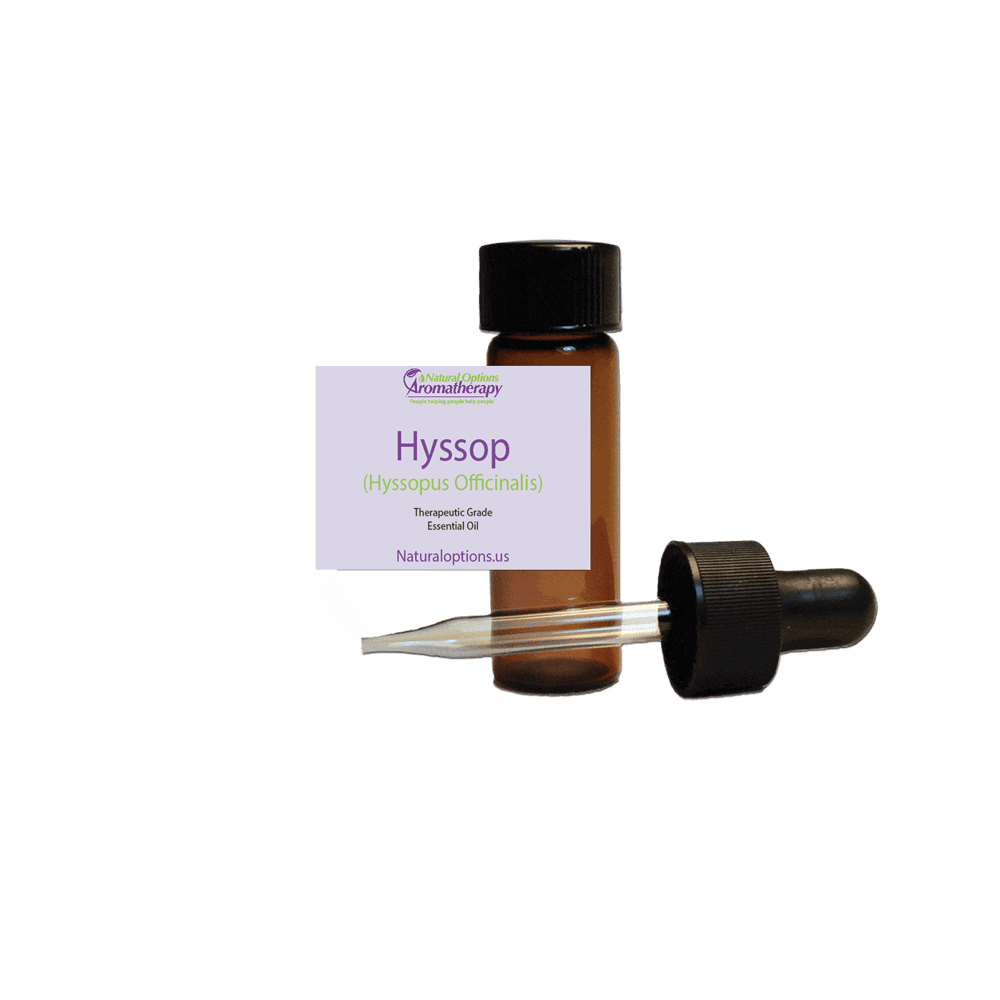Step into the captivating world of natural options aromatherapy, where the aromatic essences of plants unlock a realm of relaxation, well-being, and revitalization. From ancient healing practices to modern-day wellness rituals, aromatherapy has captivated individuals seeking natural alternatives to enhance their lives.
This comprehensive guide delves into the fascinating world of natural options aromatherapy, exploring its myriad benefits, methods of application, and safety considerations. Prepare to embark on a sensory journey that will leave you feeling refreshed, rejuvenated, and deeply connected to the healing power of nature.
Benefits of Natural Aromatherapy

Natural aromatherapy utilizes fragrant essential oils extracted from plants to promote relaxation, enhance mood, and improve overall well-being. These oils possess therapeutic properties that interact with the body and mind, offering a range of benefits.
Mood Enhancement
Essential oils have the ability to influence mood and emotions. Inhaling certain scents, such as lavender or chamomile, can promote relaxation and reduce feelings of stress and anxiety. Conversely, invigorating scents like peppermint or citrus can stimulate alertness and improve focus.
Stress Reduction
Aromatherapy has been found to effectively reduce stress levels. The calming effects of essential oils help slow down the heart rate and lower blood pressure. Studies have shown that inhaling lavender oil can decrease cortisol levels, a hormone associated with stress.
Improved Sleep
Aromatherapy can also aid in improving sleep quality. Essential oils like lavender, chamomile, and valerian root have sedative properties that promote relaxation and reduce sleep disturbances. Diffusing these oils in the bedroom before sleep can create a calming atmosphere and facilitate a restful night’s sleep.
Choosing Essential Oils for Aromatherapy

Selecting essential oils for aromatherapy is crucial for maximizing their therapeutic benefits. Consider your specific needs, preferences, and the desired mood you aim to create.
Refer to the table below for a list of popular essential oils and their associated therapeutic properties. Experiment with blending different oils to create custom aromatherapy experiences tailored to your unique requirements.
Essential Oils and Their Therapeutic Properties
| Essential Oil | Therapeutic Properties |
|---|---|
| Lavender | Calming, relaxing, promotes sleep |
| Peppermint | Stimulating, improves focus, relieves headaches |
| Eucalyptus | Decongestant, antibacterial, improves respiratory health |
| Tea Tree | Antiseptic, antifungal, boosts immunity |
| Lemon | Uplifting, energizing, purifies the air |
Blending Essential Oils
To create custom aromatherapy blends, combine a few drops of different essential oils in a diffuser or carrier oil. Experiment with various combinations to find what suits you best. For example, lavender and peppermint can promote relaxation and focus, while lemon and eucalyptus can create an invigorating and purifying atmosphere.
Methods of Aromatherapy

Aromatherapy can be enjoyed in various ways, each offering unique advantages and experiences. Here are some common methods and their respective benefits and drawbacks:
Diffusion
Diffusion is a popular method that involves dispersing essential oils into the air using a diffuser. This method creates a fragrant atmosphere and allows for the inhalation of the oils’ therapeutic properties. It is suitable for larger spaces and can provide a continuous aromatic experience.
However, diffusion may not be ideal for individuals with respiratory sensitivities or those who prefer a more targeted application.
Inhalation
Inhalation is a direct method of aromatherapy that involves breathing in the vapors of essential oils. This can be done through a variety of techniques, such as using an inhaler, steam inhalation, or simply smelling the oil directly from the bottle.
Inhalation allows for a quick and concentrated delivery of the oils’ therapeutic effects, but it may not be suitable for everyone, particularly those with asthma or other respiratory conditions.
Topical Application
Topical application involves applying essential oils diluted in a carrier oil, such as jojoba or coconut oil, directly to the skin. This method allows for targeted treatment of specific areas and provides localized benefits. It is commonly used for massage, skincare, and pain relief.
However, topical application may not be suitable for individuals with sensitive skin or those allergic to certain oils.
Creating a Relaxing Aromatherapy Bath
To create a relaxing aromatherapy bath, add 5-10 drops of your chosen essential oil to a warm bath. Some popular relaxing oils include lavender, chamomile, and bergamot. Soak in the bath for 15-20 minutes, allowing the steam and vapors to envelop your body and mind.
Creating an Aromatherapy Massage
For an aromatherapy massage, dilute 5-10 drops of essential oil in 1 ounce of carrier oil. Massage the oil into your skin using gentle, circular motions. Some popular oils for massage include rosemary, peppermint, and eucalyptus. Ensure the oil is well diluted to avoid skin irritation.
Applications of Aromatherapy
Aromatherapy, the practice of using essential oils for therapeutic purposes, finds applications in diverse settings, ranging from healthcare to home fragrance.
Healthcare
- Stress reduction: Calming scents like lavender and chamomile help reduce stress and anxiety.
- Pain management: Peppermint and eucalyptus oils possess analgesic properties, offering relief from headaches and muscle pain.
- Sleep improvement: Bergamot and valerian root oils promote relaxation and improve sleep quality.
Beauty
- Skincare: Tea tree oil and rosemary oil have antibacterial and anti-inflammatory properties, beneficial for acne-prone skin.
- Hair care: Ylang-ylang and cedarwood oils nourish hair, promoting growth and reducing dandruff.
- Massage: Essential oils like lavender and frankincense are incorporated into massage oils, enhancing relaxation and muscle recovery.
Home Fragrance
- Air purification: Eucalyptus and lemongrass oils have antimicrobial properties, helping purify indoor air.
- Mood enhancement: Citrus scents like lemon and orange uplift spirits and create a cheerful atmosphere.
- Insect repellent: Peppermint and clove oils act as natural insect repellents, keeping homes pest-free.
Ultimate Conclusion
As we conclude our exploration of natural options aromatherapy, it is evident that this ancient practice holds immense potential for enhancing our well-being. Whether you seek relaxation, mood enhancement, or therapeutic benefits, aromatherapy offers a gentle and effective approach to complement your health and wellness journey.
Embrace the power of nature’s aromatic essences and discover a world of tranquility, vitality, and holistic healing.